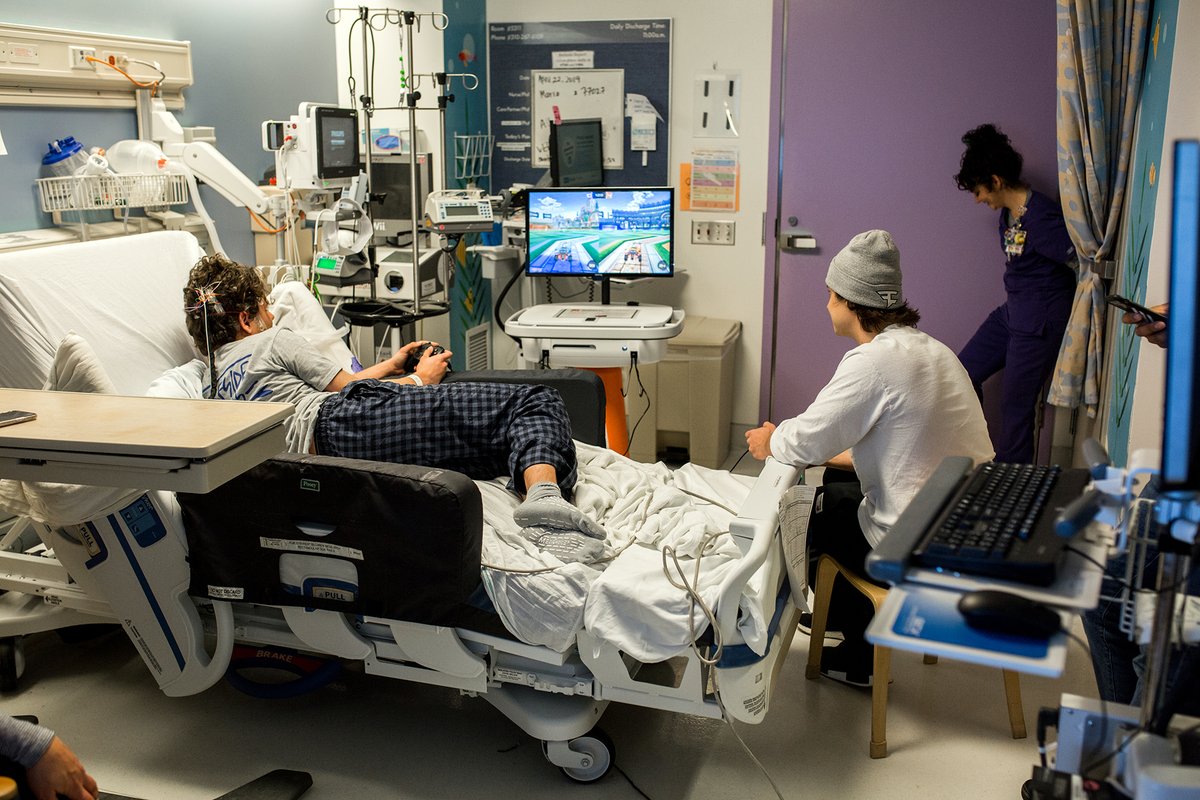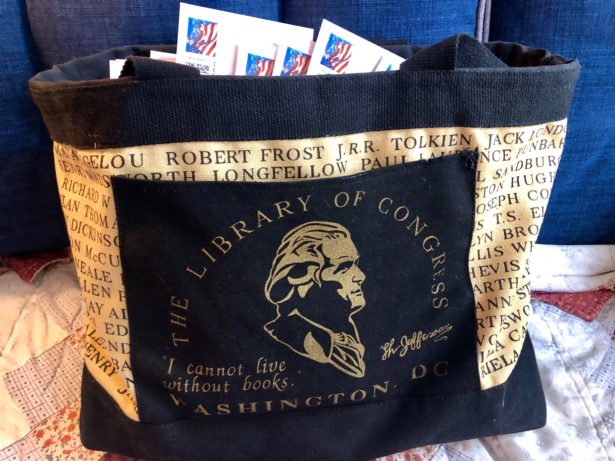
A Gaming GO Kart Helps With Hospital Stays
Focusing on improving quality of life through play
When Zach Wigal was in high school, he got mono. Little did he know that the illness would lead to his becoming a teenage philanthropist who has since raised millions of dollars to help mitigate the ordeal of hospital stays for other sick kids.
“I wasn’t in the hospital, I just didn’t feel well,” Wigal recalls. He spent a lot of time in bed, and a lot of time playing video games. “I happened to get really good at Mortal Kombat on the PlayStation 2. I was on the top 40 leaderboard out of 30,000 players.”
But when he got back to school, he found that all his friend were playing Halo 2. “I became obsessed with the idea of hosting a video game tournament at my school,” he told Good Turns recently. “I saw a television program late one night highlighting the early days of e-sports. I never knew there were major video game tournaments like this. I thought it would be really fun to do that at my high school. So I rented out the high school lunchroom and started printing out flyers, and I realized it was going to take money to put this together.” Wigal started selling tickets, and got excited at the prospect that, if he sold out the tournament, he stood to make as much as $700. Plus he was on the hook for the lunchroom rental. “I became really self-motivated,” he said. “I really needed to make this work, otherwise I was going to need to work a lot of hours at my minimum-wage job.”
“It’s been really humbling and eye-opening to go into the hospitals and see the circumstances people are going through”
In March of 2007, with the tournament approaching, Wigal started canvassing the neighborhood in what he called “battle of the bands style,” leaving flyers on people’s windshields and recruiting attendees any way he could. Then, a couple of days before the event, a parent suggested he call the local public safety department to see if they had an officer who could provide basic security at the event. Wigal called, and things soon took a different turn.
“It just so happened when we made this phone call, the person who picked up the phone belonged to an organization called the Parents Television Council,” which works to censor media content they don’t approve of, Wigal says. “This guy was not really a fan of teenagers playing video games. He called the school superintendent and told him he believed games like Halo corrupted the minds of American youth. He said the event was a hazard to public safety. What he didn’t know was that we had parental consent forms.” But the school buckled to pressure and cancelled the event.
“I felt like at the time it was sort of a missed opportunity for the school officials in the area to really connect and engage with the youth,” Wigal says. “The whole point of education, hopefully, is for people to take initiative and develop a sense of self-motivation, where we are self-organizing as young people, instead of being shot down and told to get back in line.”
The story went viral, and Wigal started to gain the support of people in the gaming industry. “I was really frustrated personally,” Wigal recalls. “I felt like my identity was being attacked. So I thought, let’s just find a new venue and organize a new event for charity, and at least illustrate the positive things that can happen.”
“That’s how Gamers for Giving was born,” Wigal says. “Kind of out of spite, wanting to get back at the man.” Gamers for Giving is the annual charitable video game tournament put on by Gamers Outreach, the 501(c)(3) nonprofit that Wigal founded more than a decade ago and still runs. And lest you think video games are kids stuff, the most recent Gamers for Giving tournament, held this past March, raised just under $640,000 in a two-day window, Wigal says. (Last year, because a game developer offered to match some contributions, the event raised more than $700,000.)
Though the event attracted about 2,000 people to play competitive video games for two days, most of the money comes from audience members who are inspired to donate after tuning in to broadcasts involving internet celebrities, YouTubers, and people from the gaming industry.
The money Gamers Outreach raises goes to finance the rolling video game centers they call GO Karts, which repurpose an existing medical cart to provide a secure, portable, and easy-to-use gaming center that can be taken from room to room as needed, and which keeps components from being misplaced in a busy hospital environment. Gamers Outreach has GO Karts in around 200 hospitals around the country, Wigal says, a number that has just about doubled in the last year.
The idea is give kids a better quality of life while they’re in the hospital. “I used to set up all of our GO Karts,” Wigal says. “I would fly around the county to set them up, I’ve probably set up over 100 personally. It’s been really humbling and eye-opening to go into the hospitals and see the circumstances people are going through. It’s just an injustice to see the things that young people and their families have to deal with, that they didn’t even ask for. It’s just quite sobering to see what is happening on a daily basis that most people aren’t aware of unless you go into a hospital. But it’s also inspiring, to see these kids who are so motivated and driven to overcome what it is they’re going through, and the parents too.”
On a visit to Children’s Hospital Los Angeles, Zach met a woman whose son had gotten the benefit of a GO Kart. “He was waiting for a heart transplant, waiting for ten months, and the doctors didn’t want him leaving his room or the hallway outside his room,” in case they should get word that an organ was available, Wigal said. “His mother told me, ‘Ideally, I’d like to see my son playing on the playground with his friends, but if it weren’t for video games he’d go insane.’ Imagine being in your apartment or your house for ten months.” Eventually, the boy did get a heart transplant, Wigal says, and is doing fine.
In addition to donations, Gamers Outreach is always looking for volunteers to help assemble GO Karts, Wigal says, or help out in other ways. So if you want to help kids get through their hospital stays in the most painless way possible, reach out to Gamers Outreach. If there were ever a place where video games helped sustain youth, rather than corrupt it, this is it.
Posted May 27, 2019





